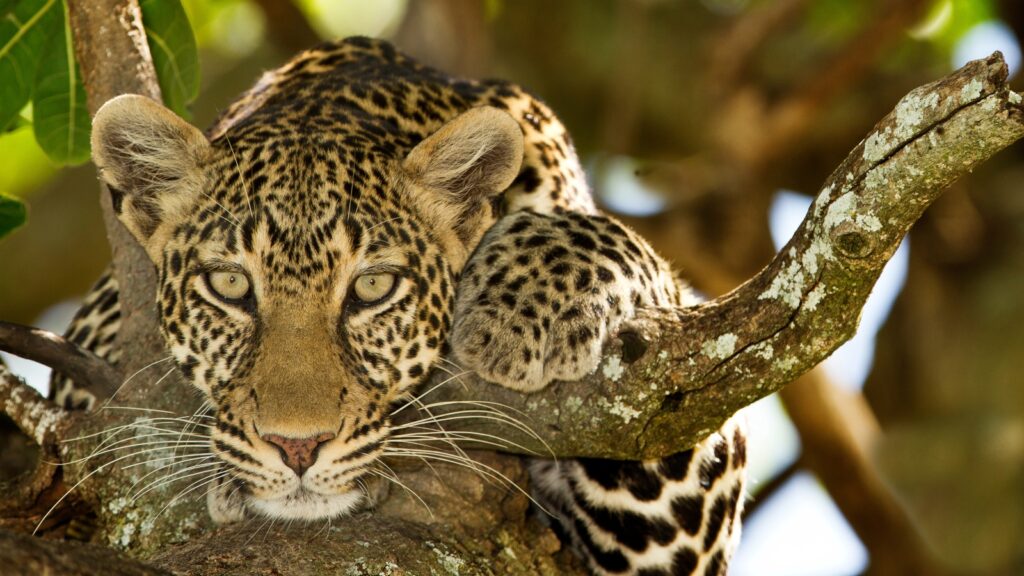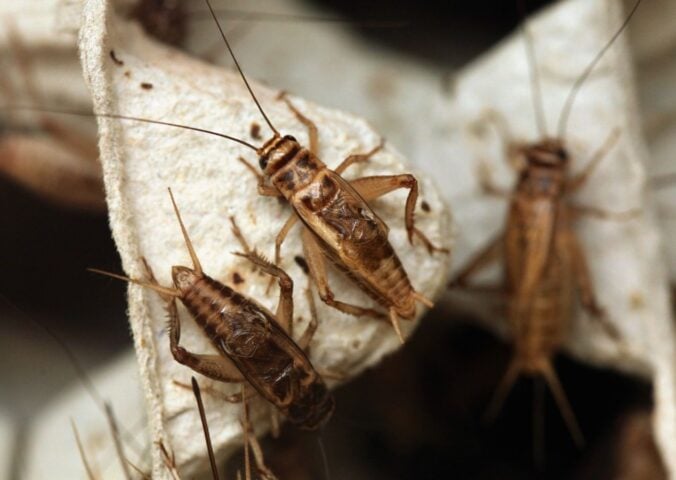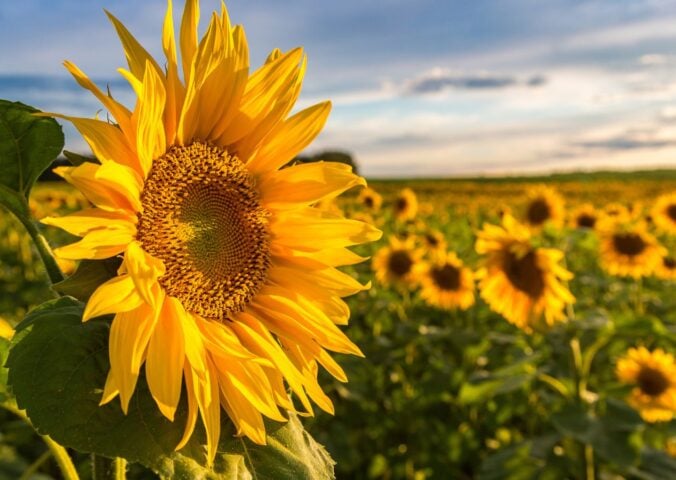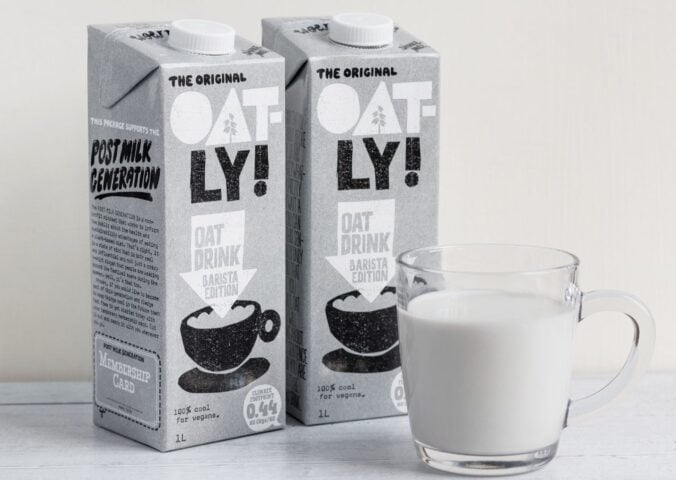A growing number of people in South Africa are against trophy hunting, according to a new survey published in August 2022.
The survey, conducted by IPSOS, found that 68 percent oppose the activity generally, up from 56 percent in 2018.
Participants were also asked their opinion on the hunting of specific species. Researchers found that 65 percent were against canned lion hunting (up from 60 percent), while 64 percent disagreed with the trophy hunting of elephants, rhinos, and leopards.
Trophy hunting is a form of sport hunting, in which animals are seen as “trophies.” The animals are killed for fun, not for food, and people (mostly tourists) can pay up to $150,000 to take part. They will then often take their “trophy” (usually the animal’s head) back home with them.
Canned hunting has been described as an “extreme” form of trophy hunting. Animals are trapped in fences and hunted by humans in a confined area that they cannot escape.
“The government needs to take cognizance of the views of the public, especially when planning and putting into place new legislation and policy,” Dr Matthew Schurch, wildlife specialist for the Human Society International (HSI) Africa, told Plant Based News.
“Outdated practices like trophy hunting are inconsistent with modern views on animals, their levels of sentience, and their ability to feel pain and suffer.”
Trophy hunting in South Africa
Hunting animals for sport is a big business in South Africa.
Trophy hunters spend around $250 million per year in the country, and the overall industry contributes around $341 million to the economy, particularly in the agricultural and manufacturing sectors.
South Africa exports 4,204 “trophies” per year. It is the largest exporter of mammals listed under the Convention on International Trade in Endangered Species of Wild Fauna and Flora (CITES) in Africa, and the second largest in the world. Animals listed under CITES are protected against over-exploitation in international trade.
An economic review of eight countries in Africa, including South Africa, found that trophy hunters contribute around 0.03% of gross domestic product.
Experts have pointed out, however, that money made from trophy hunting rarely benefits communities.
Isaac Banda, Executive Officer of Mnkhanya Community Resources Board (CRB), previously told Born Free: “Trophy hunting only serves for a few people on the top. Very few individuals benefit from trophy hunting and it does not create any change for the people that live with wildlife and natural resources.”
Trophy hunting and “conservation”
Many people justify trophy hunting on the grounds that it’s good for conservation. South Africa’s Department of Forestry, Fisheries and the Environment (DFFE) states that “regulated and sustainable hunting is an important conservation tool in South Africa.”
But this claim has been widely disputed.
“Trophy Hunting is often touted as a way of providing funds for conservation due to the large sums of money that it generates,” Dr. Schurch explained. “However, as a recent report by Good Governance Africa has pointed out, this claim is based on ‘extremely little evidence.’”
Dr. Schurch highlights that the trophy hunting industry makes far less money than tourism as a whole, meaning “any conservation needs could be more than met through expanded non-consumptive tourism.”
What’s more, according to HSI, only 25 percent of the species hunted are managed with a national conservation plan.
South Africa further called into question the “conservation” argument earlier this year, when it announced that it would allow the hunting of 10 vulnerable leopards, 150 endangered elephants, and 10 critically endangered black rhinos.
Sign HSI’s petition to ban imports of hunting trophies in Europe here.






